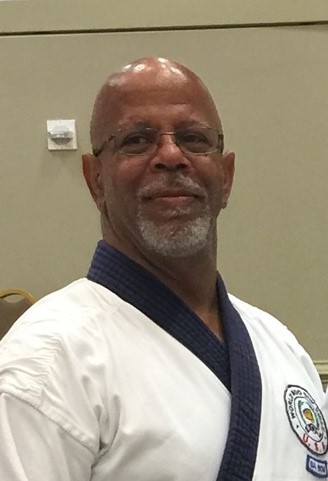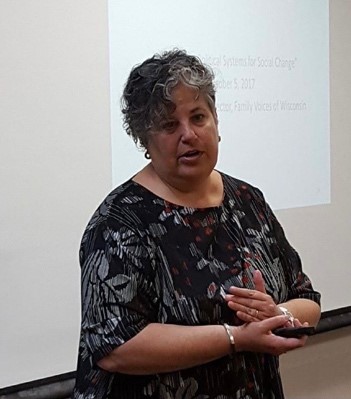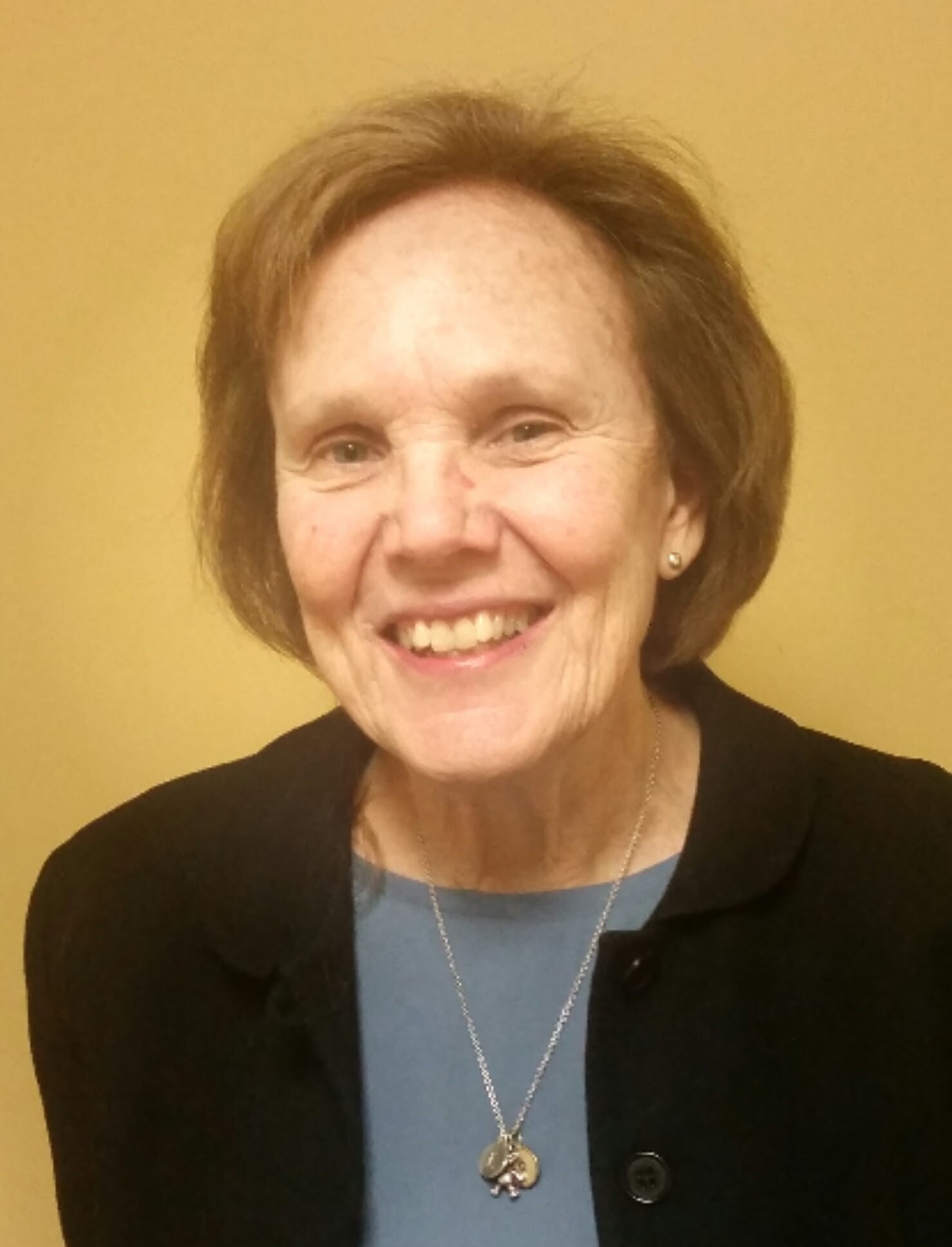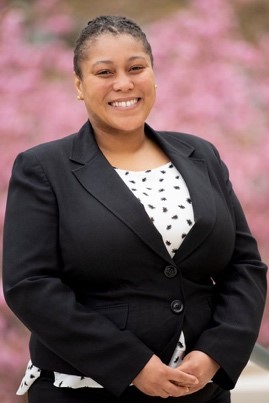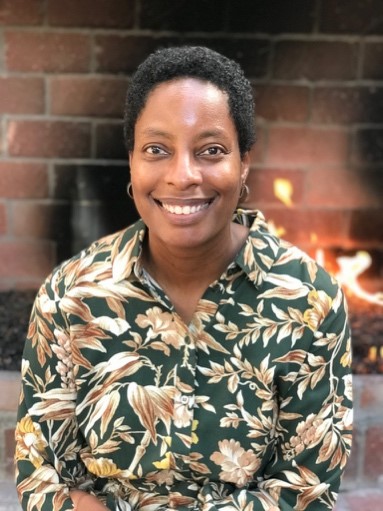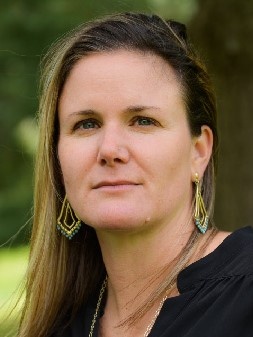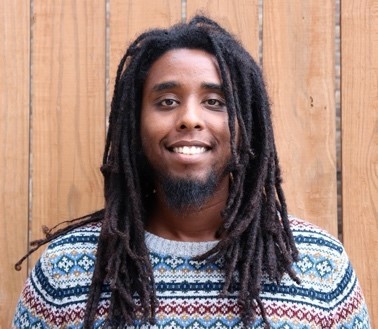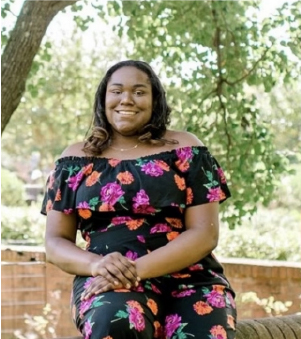ACL awarded a Project of National Significance on Community Collaborations for Employment to increase and enhance collaborations across existing local systems to maximize a seamless experience and outcomes of youth with intellectual and developmental disabilities (ID/DD) as they transition between school and working in the community.
Many youths with disabilities do not have the same opportunities as their nondisabled peers to pursue higher education, training, and careers. Multiple systems each play a role at the community level in ensuring that youth with disabilities have the supports, services, and resources they need to successfully transition to post-secondary life.
Seven community-based collaboration models in selected communities will conduct demonstration projects that will design and test effective transition services and activities to increase the number of youths with ID/DD who find and keep long-term career-focused competitive integrated employment; graduate from post-secondary education programs; and live and participate fully in their communities. The grantees are:
- University of Kansas Center for Research, Inc. (KS)
- Arizona Board of Regents, University of Arizona (AZ)
- Virginia Commonwealth University (VA)
- University of Massachusetts Boston (MA)
- Regents of the University of Minnesota (MN)
- The University of North Carolina at Chapel Hill (NC)
- Collin County MHMR Center (TX)
Contact Thom Campbell with questions about this project.
Source: Administration for Community Living (ACL) “Community Collaborations for Employment”



